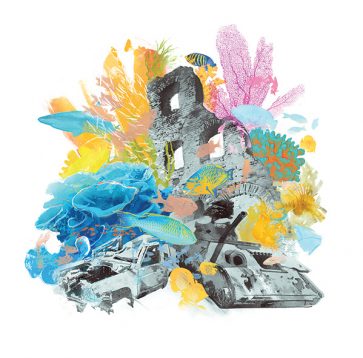Justice runs as a central theme throughout religion. We cannot deny, ignore, or escape this. Science, by contrast, is sometimes portrayed as standing apart: the numbers and the facts simply are what they are. If we scratch below the surface, however, we see that science is also intertwined with questions of justice; often able to foster justice, too often playing a material role in injustice.
In our interconnected world, the interplay of science and religion with justice cuts across disciplines. It is of relevance not just to scientists and theologians, but impinges on topics from politics to philosophy, and technology to teaching. We may hope historical problems – like the scientific rankings of human races – are behind us. But modern science is still marked by issues such as control, power, value, and identity; how we treat the poor, the disadvantaged, the other; how we understand ourselves and our standing in the world. This one-week course will cover a wide range of Science & Religion topics, delving into the rich interconnections of how both science and religion are necessarily involved in the lived story of justice: past, present, and future.
Speakers and Topics include:
Dr Esyin Chew – Justice and Humanoid Robotics: In Love and War?
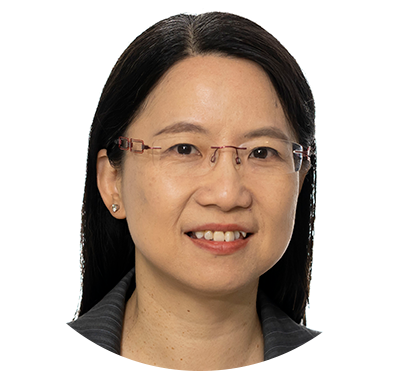 This year, the UK Government Office of Science claimed that they had an ‘ultimate ambition’ to create a ‘general-purpose humanoid robot that can function in the dynamic and unpredictable environments in which humans excel.’ The Oxford philosopher Nick Bostrom, however, warns that “we are like children playing with a bomb.”. There are clear disparities between those who embrace a robotic future and those who are against it. Both camps invite the public to perceive robotics differently, and with mixed feelings. The complexity arises from the multi-facet nature of AI. At an instrumental level, humanoid robotics with AI capabilities is intuitively straight forward: we put humans’ brains, movements and senses into human-like machines. The social-cultural-ethical-legal implications, however, are far more complex; particularly when viewed through a lens of justice and love. This talk discusses the innovation and struggles experienced at the EUREKA Robotics Centre in integrating humanoid healthcare and educational robots into the real world.
This year, the UK Government Office of Science claimed that they had an ‘ultimate ambition’ to create a ‘general-purpose humanoid robot that can function in the dynamic and unpredictable environments in which humans excel.’ The Oxford philosopher Nick Bostrom, however, warns that “we are like children playing with a bomb.”. There are clear disparities between those who embrace a robotic future and those who are against it. Both camps invite the public to perceive robotics differently, and with mixed feelings. The complexity arises from the multi-facet nature of AI. At an instrumental level, humanoid robotics with AI capabilities is intuitively straight forward: we put humans’ brains, movements and senses into human-like machines. The social-cultural-ethical-legal implications, however, are far more complex; particularly when viewed through a lens of justice and love. This talk discusses the innovation and struggles experienced at the EUREKA Robotics Centre in integrating humanoid healthcare and educational robots into the real world.
Dr Emilie Cunningham – The Role of Power in Childbirth and Obstetric Medicine
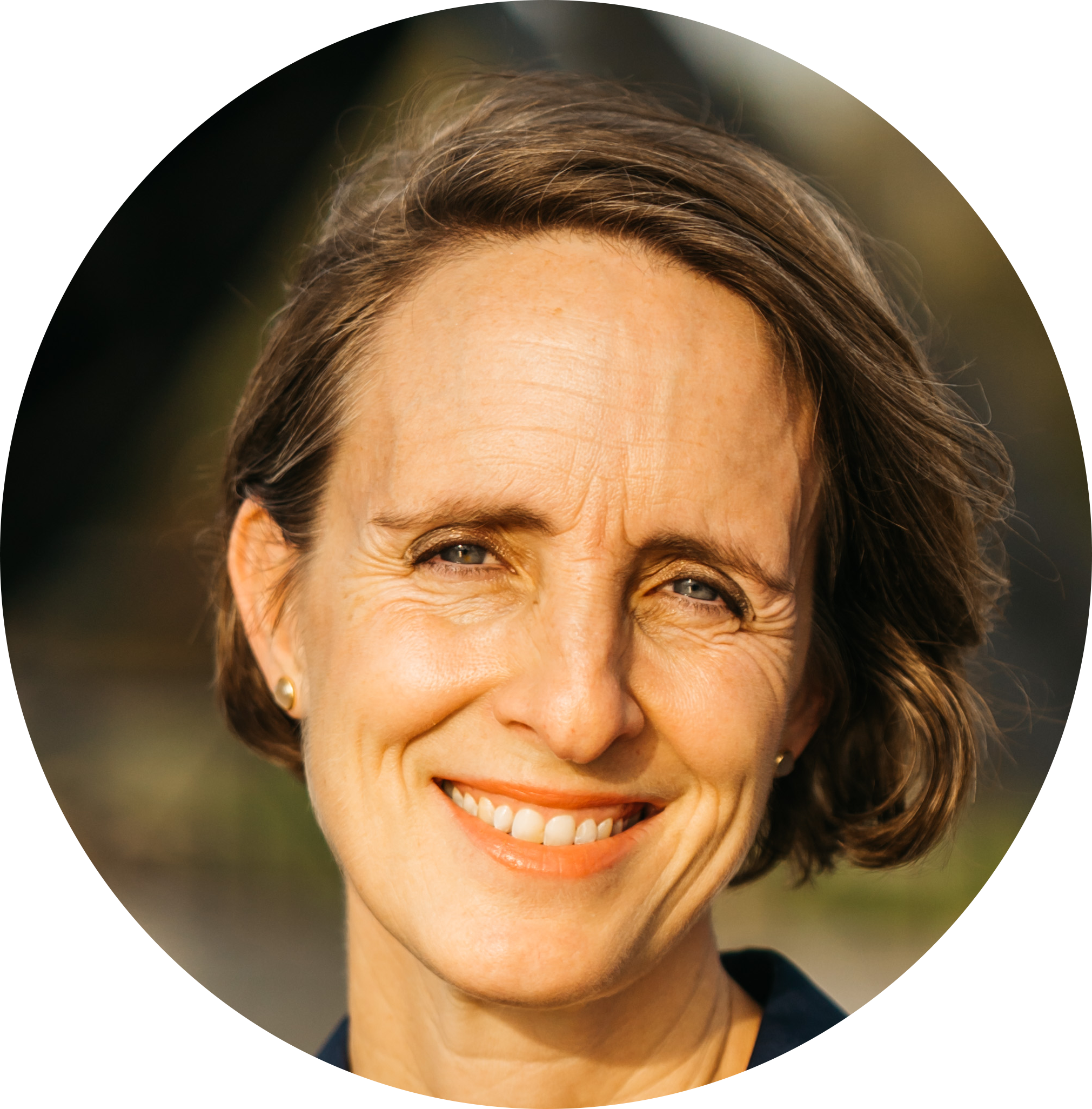
Childbirth has evolved on a trajectory of medicalization largely due to the increased adoption of technology and the erosion of social support, both under the guise of safety, producing mixed results in the reduction of mortality and morbidity. The exercise of power within the birth environment has been a dynamic shift from relational stakeholders to those with clinical expertise in the hierarchy of medicine. This has contributed to a profound distancing of society from the childbirth event, increasing fear and diminishing patient agency in decision-making. This session will introduce the continuum of power exercised in the birth environment, from its historical relationship with religion to the contemporary issue of obstetric violence.
Dr Edward David – Modelling Justice: How We Think about Justice
Wh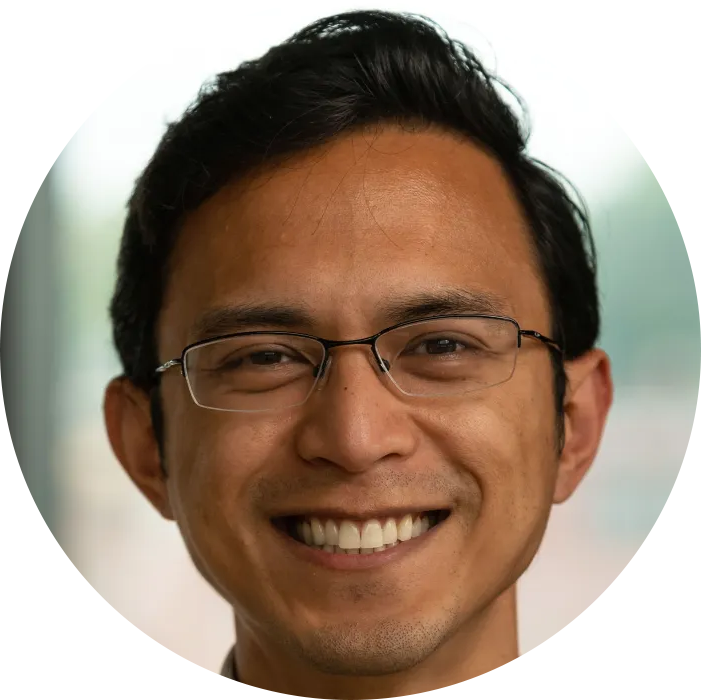 at is justice, and how have people across history and cultures tried to define it? This talk explores justice as a moral virtue—concerned not only with fairness, but also with human flourishing, truth, and care for the natural world. Drawing on moral traditions from both East and West, this talk will introduce a simple model for understanding different approaches to justice. By mapping these approaches across three dimensions (individual vs communal, substantive vs procedural, experience vs reason), we’ll see how religion, philosophy, and even science shape the way we think about what justice is—and what it requires.
at is justice, and how have people across history and cultures tried to define it? This talk explores justice as a moral virtue—concerned not only with fairness, but also with human flourishing, truth, and care for the natural world. Drawing on moral traditions from both East and West, this talk will introduce a simple model for understanding different approaches to justice. By mapping these approaches across three dimensions (individual vs communal, substantive vs procedural, experience vs reason), we’ll see how religion, philosophy, and even science shape the way we think about what justice is—and what it requires.
Prof. Jennifer George – Technology and Disability Inclusion in Education
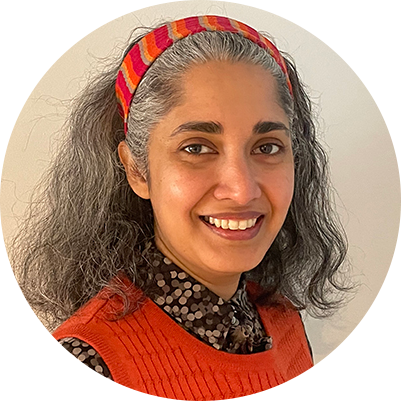
Disability, as defined by the United Nations, encompasses long-term physical, mental, intellectual, or sensory impairments that interact with societal and physical barriers, hindering equal participation in society. In universities, up to 28% of students disclose disabilities, and 17% of the population will acquire a disability during their working lives.
Various technologies, supported by initiatives like reasonable adjustments, library programs, and the Disabled Students’ Allowance in the UK, aid learners with disabilities. The Access to Work Scheme further supports educators with disabilities in maintaining employment. The advent of Artificial Intelligence has introduced significant changes, raising concerns about data privacy, advantage, academic integrity and ethics.
This session will delve into the technologies used in education, analysing their dual role in hindering and enhancing the learning experience. It will also address their impact on human flourishing, relationships, and the ethical considerations surrounding their use.
Prof. Nidhal Guessoum – Islamic Insights on How Questions of Justice Play Out in the Practice of the Physical Sciences
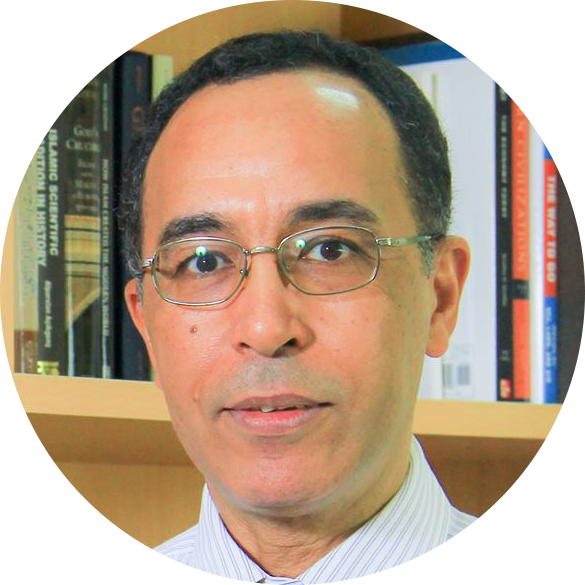 This talk will start with a concise introduction to the core doctrines of the four major schools of Islamic theology: Mu’tazilism, Atharism, Ash’arism and Maturidism (in chronological order). Special attention will be given to the concept of justice – both divine and human – within each school’s framework. The main focus, however, will be a detailed examination of how key theological principles – justice, but also reason, free will, and causality – have shaped, and continue to influence, Islamic theological approaches to natural philosophy and broader conceptions of the world and the universe.
This talk will start with a concise introduction to the core doctrines of the four major schools of Islamic theology: Mu’tazilism, Atharism, Ash’arism and Maturidism (in chronological order). Special attention will be given to the concept of justice – both divine and human – within each school’s framework. The main focus, however, will be a detailed examination of how key theological principles – justice, but also reason, free will, and causality – have shaped, and continue to influence, Islamic theological approaches to natural philosophy and broader conceptions of the world and the universe.
Prof. Mel Luna – Justice and Disasters: A Global and Local Agenda for Action
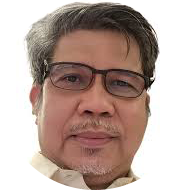
The world is experiencing disasters that are increasingly devastating, and which destroy investment and development which has been nurtured for years. These disasters, caused by natural hazards and human-induced actions, affect all sectors of society. However, it is the poorest and most vulnerable communities that suffer most and have the least chance to recover. The injustice of this inequity is compounded by the fact that the nations suffering most from the impact of climate change are generally those who contributed least to the causes of global warming.
Interventions intended to mitigate such problems often do not help. Development aggression takes place when policies and programs intended to induce development and alleviate suffering ultimately lead to disasters which benefit the few and disadvantage the many. Addressing such injustice and building resilience is an agenda for all nations, communities, and people. The call is more actions than words, not tomorrow but now!
Dr Hilary Marlow – The Bible and Ecojustice: The cry of the earth and the cry of the poor
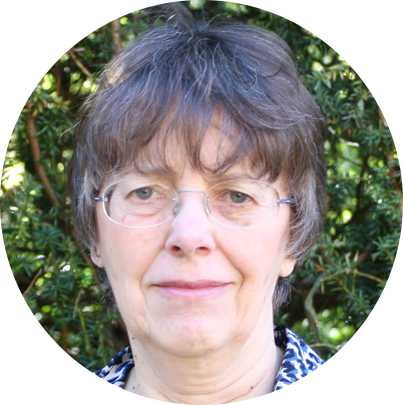 Drawing on Pope Francis’s encyclical Laudato Sí and his injunction to “heed the cry of the earth and the cry of the poor”, this talk will explore the relationship between social and ecological justice in the Hebrew Bible (Old Testament). After a brief overview, our focus will turn to some of the biblical prophets such as Amos, Isaiah and Micah. As outspoken critics of the social, political and economic structures of their day, what insights might these prophets offer to those of us wrestling with increasing global inequity, political instability and the challenge of a warming planet? How does the complex interplay between cause and effect, action and reaction that they highlighted relate to our present concerns? And what relevance, if any, do their messages of hope and restoration have for us today?
Drawing on Pope Francis’s encyclical Laudato Sí and his injunction to “heed the cry of the earth and the cry of the poor”, this talk will explore the relationship between social and ecological justice in the Hebrew Bible (Old Testament). After a brief overview, our focus will turn to some of the biblical prophets such as Amos, Isaiah and Micah. As outspoken critics of the social, political and economic structures of their day, what insights might these prophets offer to those of us wrestling with increasing global inequity, political instability and the challenge of a warming planet? How does the complex interplay between cause and effect, action and reaction that they highlighted relate to our present concerns? And what relevance, if any, do their messages of hope and restoration have for us today?
Dr Rosa Martínez-Cuadros – Islam, Science, and Gender: Considering sexual and reproductive rights
 In recent years, various academic approaches have sought to analyse the complex relationship between religion and science, moving beyond the traditional conflict thesis. These categories must also be examined empirically to better understand the intricate interactions between scientific knowledge and religious belief. This relationship becomes even more nuanced in the case of Islam. Especially in Western contexts, Islam is often portrayed as “backward” or “anti-scientific”—a narrative frequently used to argue its supposed incompatibility with Western civilization and scientific progress. In this presentation, I aim to challenge these discourses by exploring the complex negotiations between Islam, Science, and Gender through the specific case of sexual and reproductive rights. Drawing on fieldwork conducted across different research projects, I will present key debates and challenges that arise at the intersection of religious frameworks, biomedical discourses, and gendered moralities.
In recent years, various academic approaches have sought to analyse the complex relationship between religion and science, moving beyond the traditional conflict thesis. These categories must also be examined empirically to better understand the intricate interactions between scientific knowledge and religious belief. This relationship becomes even more nuanced in the case of Islam. Especially in Western contexts, Islam is often portrayed as “backward” or “anti-scientific”—a narrative frequently used to argue its supposed incompatibility with Western civilization and scientific progress. In this presentation, I aim to challenge these discourses by exploring the complex negotiations between Islam, Science, and Gender through the specific case of sexual and reproductive rights. Drawing on fieldwork conducted across different research projects, I will present key debates and challenges that arise at the intersection of religious frameworks, biomedical discourses, and gendered moralities.
Prof. Bill Newsome – Justice and Neuroscience
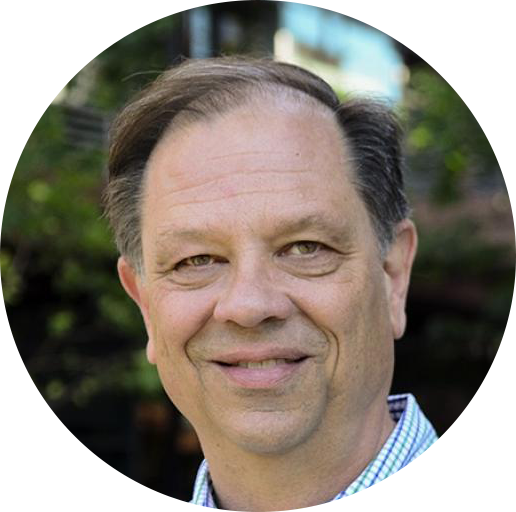 The rapidly advancing field of neuroscience poses many ethical and social policy issues for governments, individual people, and churches, some of them quite pressing. I will briefly review four of these advances, each of these areas poses fundamental challenges for our notions of justice, ethics, and the public good: 1) brain-machine interfaces for treatment of disease and/or augmentation of human cognition, 2) use of human brain organoids for laboratory investigation of human neural development, 3) surprising advances in the prevention (or reversal) of aging, and 4) neurobiology and the medicalization of criminal behavior.
The rapidly advancing field of neuroscience poses many ethical and social policy issues for governments, individual people, and churches, some of them quite pressing. I will briefly review four of these advances, each of these areas poses fundamental challenges for our notions of justice, ethics, and the public good: 1) brain-machine interfaces for treatment of disease and/or augmentation of human cognition, 2) use of human brain organoids for laboratory investigation of human neural development, 3) surprising advances in the prevention (or reversal) of aging, and 4) neurobiology and the medicalization of criminal behavior.
Dr Mark Pickering – Prison Healthcare: Light in the Darkness?
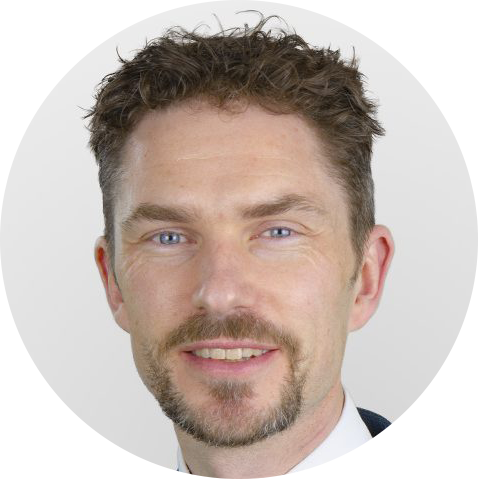 Our justice system is an inherent part of society. But how do we act justly towards those caught up in it? What role can healthcare play in helping to reflect God’s heart for humans who are made in his image, but often damaged and scarred by their experiences and choices? How might this contribute to their wider rehabilitation? What opportunities are there for Christians to serve God in the prison system and wider justice system? And how might an understanding of God’s heart for justice help us work towards a better justice system?
Our justice system is an inherent part of society. But how do we act justly towards those caught up in it? What role can healthcare play in helping to reflect God’s heart for humans who are made in his image, but often damaged and scarred by their experiences and choices? How might this contribute to their wider rehabilitation? What opportunities are there for Christians to serve God in the prison system and wider justice system? And how might an understanding of God’s heart for justice help us work towards a better justice system?
Prof. Deepa Senapathi – Justice and Ecology
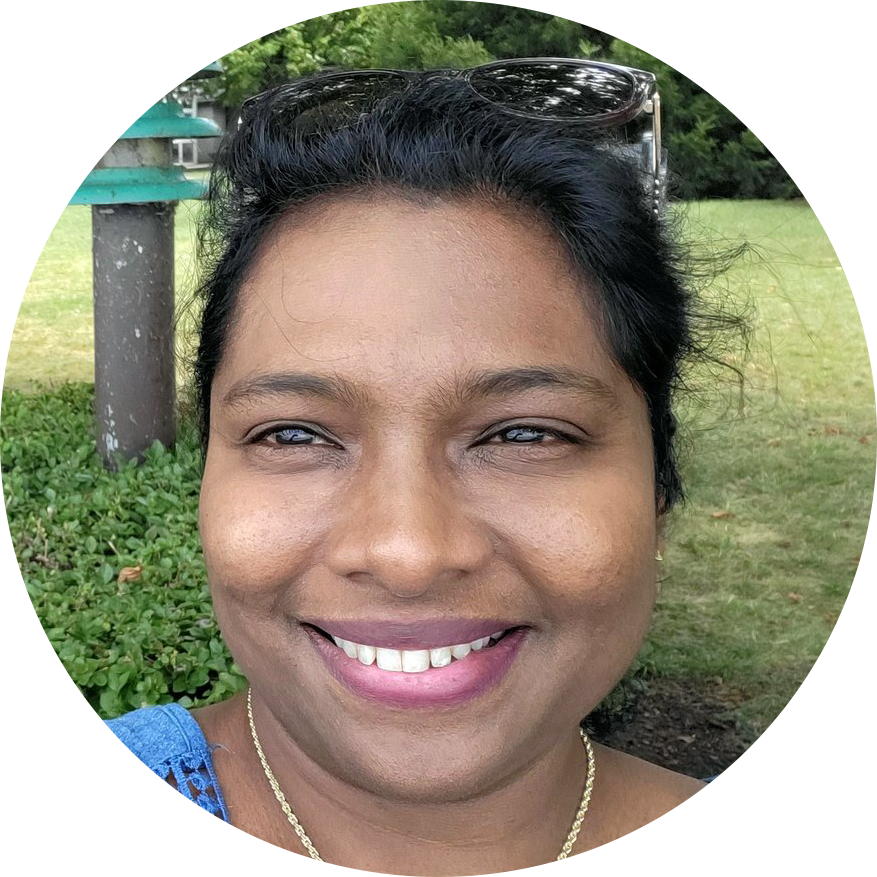
Environmental justice provides a vital framework for examining how environmental benefits and harms are distributed across different communities, regions, and species – particularly in the face of accelerating global environmental change. This talk explores the structural and policy-driven dimensions of environmental justice, with a focus on the intersection of biodiversity conservation, food security and accelerating climate change. Drawing on research into the ecological and social consequences of attempting to achieve food security, I consider how policy frameworks aimed at sustainability vary across different contexts. Through case studies from both the Global North and South, this talk investigates whether and how just, win-win outcomes might be achieved for both nature and people. It raises critical questions about the viability of such solutions and highlights the importance of participatory governance, plural knowledge systems, and justice-oriented approaches to conservation and sustainability transitions.
Prof. John Wyatt – Justice and AI
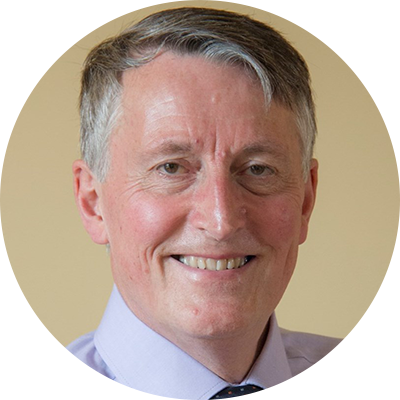 AI is transforming our world but the longterm consequences are unforeseeable. The dominant narrative from tech companies and western politicians is that universal AI adoption represents ‘progress’, and that it is not only beneficial for humankind but also inevitable. Although the technology is new and shiny, the underlying power structures are very old and very well defended. Who are the winners and the losers, the exploiters and the exploited? Can AI technology be redeemed and employed for the common good? How can a biblical understanding of justice and righteousness be applied to the mindboggling possibilities of our AI future?
AI is transforming our world but the longterm consequences are unforeseeable. The dominant narrative from tech companies and western politicians is that universal AI adoption represents ‘progress’, and that it is not only beneficial for humankind but also inevitable. Although the technology is new and shiny, the underlying power structures are very old and very well defended. Who are the winners and the losers, the exploiters and the exploited? Can AI technology be redeemed and employed for the common good? How can a biblical understanding of justice and righteousness be applied to the mindboggling possibilities of our AI future?
Ticket types and Costs:
In-Person Attendance:
Includes participation in the full course program plus all lunches, dinners and refreshments from the evening of Sunday 29th June until lunchtime on Friday 4th July at the course venue. An immersive experience in Cambridge with opportunity to meet other participants, speakers and Faraday Institute staff informally during meals and breaks.
Online Attendance:
Includes participation in the full course program, including live Q&A sessions and Meet the Speaker events, through Zoom webinars and meetings, as well as access to talk recordings and supplementary online materials.
Costs:
£1,500 Full price with accommodation (sign up before 31st May 2025)
£1,100 Full price without accommodation (sign up before 31st May 2025)
£800 Student with accommodation (open to students, sign up before 31st May 2025)
£450 Student without accommodation (open to students, sign up before 31st May 2025)
£185 Full price, online
£95 Student price, online
Notes:
An accommodation booking link will be sent to in-person ticket holders. For in person attendance a £450 deposit is required to reserve a place, with any remaining balance due by Thursday 15th May. In the case of cancellation, the maximum refund will be the difference between in-person and online attendance, and such refunds are not guaranteed. No tickets for pro rata attendance are available. Attendees remain fully responsible for their own travel, accommodation, insurance and incidental costs. We are unable to provide letters for visa purposes. For student tickets, evidence of full-time student status (undergraduate or postgraduate) will be required. Student tickets are highly subsidised and the number made available will depend on level of designated donation support received. Please book early to avoid disappointment.
A draft programme can be found here.
Sessions will be recorded and uploaded to the Virtual Learning Environment. These recordings will allow you to catch content you miss (e.g., because of time difference or an internet connection issue), and will remain available following the end of the Summer Course.
Help Sponsor a Student
If you are able, please consider donating to support a student to attend via our ‘Support Us’ page.
Scholarships & Bursaries
A limited number of partial scholarships and bursaries will be available to allow in person or online attendance at a reduced cost. Please visit the scholarships page to find out more.
We look forward to welcoming you in Cambridge!
How to register:
To register for a place on The Faraday Summer Course 2025, choose your ticket type below and submit the registration form online.
Note: Ticket prices below do not include accommodation. An accommodation booking link (£400 for regular tickets, £350 for students) will be sent to all in-person ticket holders. Accommodation is not guaranteed until payment is received (no later than 15th May).
If you are having any technical issues in making payments please email: events@faraday.cam.ac.uk




